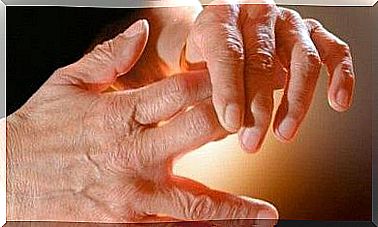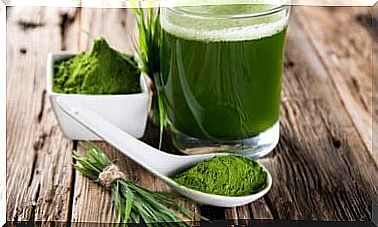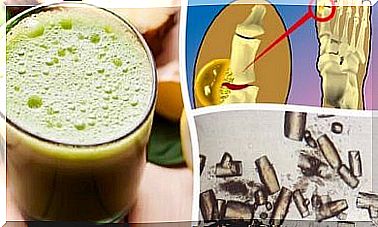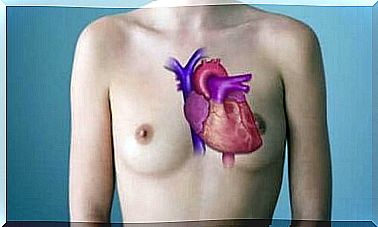Iodine, A Fundamental Mineral
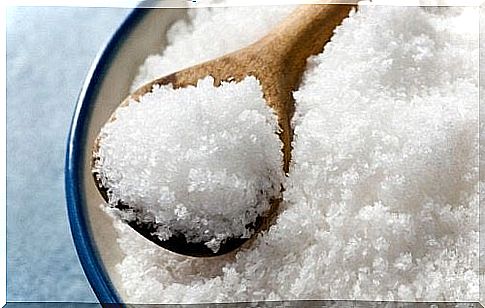
Iodine is essential for our body because, according to many studies, it is the mineral that is most needed by the world population.
Since our body does not synthesize it and must come directly from our meals.
The problem is also caused by the fact that it has little content in food, unless the large industries include it in their products (such as, for example, iodized salt); but generally most of the mineral is in the ocean, particularly in seaweed.
This essential mineral is absorbed from the intestinal tract and transported into the bloodstream to the thyroids, where it is stored to produce hormones.
A good level of iodine can help to burn fat and prevent, for example, goiter as well as thyroid problems.
Benefits of Iodine
- It is essential to have a good level of iodine to balance the thyroid hormone or thyroxine; this prevents, for example, goiter and hyperthyroidism.
- Allows the proper functioning of the metabolism.
- It helps in the normal growth of children and the proper functioning of the nervous system.
- It is essential to synthesize carbohydrates and cholesterol.
- Provides energy and is critical for cell health.
- Burns off excess fat.
- Nails, hair and teeth remain strong and healthy.
- Its external use is common to disinfect wounds; just as it is normal to add it to water through water purifiers.
Symptoms of the absence of iodine
Having a low level of iodine in the body can produce the following symptoms:
- hyperthyroidism
- hypothyroidism
- tendency to feel cold
- tiredness, joint pain
- Insomnia
- Dry skin and hair
- Constipation
- Cretinism: a disease that affects children, culminating in physical and mental retardation.
Where can we find him?
fish and seafood
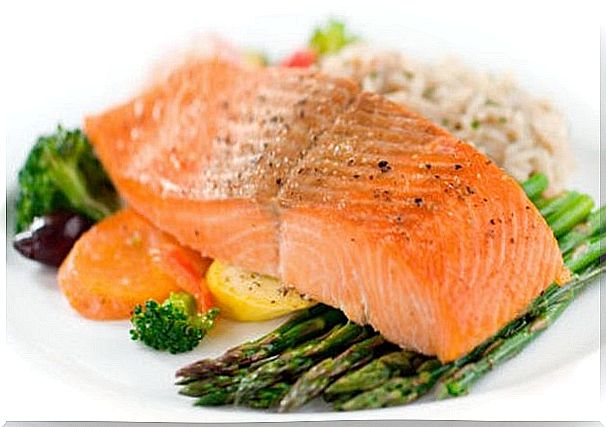
The sea is a natural treasure of iodine, so it is recommended that fish and shellfish be consumed at least three times a week.
It has wonderful B-complex vitamins, vitamin A, D, E; as well as fatty acids such as omega 3, excellent for health.
It would therefore be perfect for us to consume salmon, manjuba (herring), shrimp, crayfish, cod, mussels or halibut.
vegetables
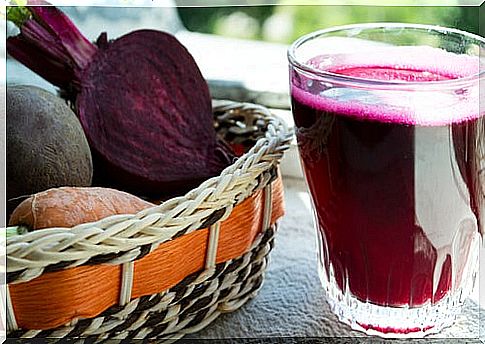
Maybe you’re not used to seeing Kelp algae as a vegetable, but it’s an incredible source of iodine, which would be great to include in our diet from time to time.
In addition to algae, onion, beetroot, chard, spinach, cucumber, green beans, watercress and garlic are recommended; in addition to being rich in iodine, they have antibacterial properties.
cheeses

Some types of cheese are also very suitable for obtaining the mineral. For example, cheddar cheese : if we consume 100 grams, we get 39 mg of iodine.
In addition, Manchego cheese : 100 grams contributes 34 mg of iodine. Semi-cured Manchego cheese: 34 mg. Fresh Manchego cheese: 34 mg.
Cereals

Many of our most common cereals like rice, wheat and rye are rich in the element.
If we consume 100 grams of cornmeal, for example, we will consume 80 mg of iodine.
Warnings
Know that the doctor will indicate the need to consume more iodine. We definitely cannot start consuming seaweed daily or increase our doses of iodized salt.
A high dose can be negative for the body and can cause hyperthyroidism, for example. Furthermore, some medications cannot be mixed with the consumption of the mineral, as are those associated with manic-depressive illnesses.
When in doubt, always ask your doctor; in any case, a diet based on vegetables, fruits and cereals will always be beneficial to health.


